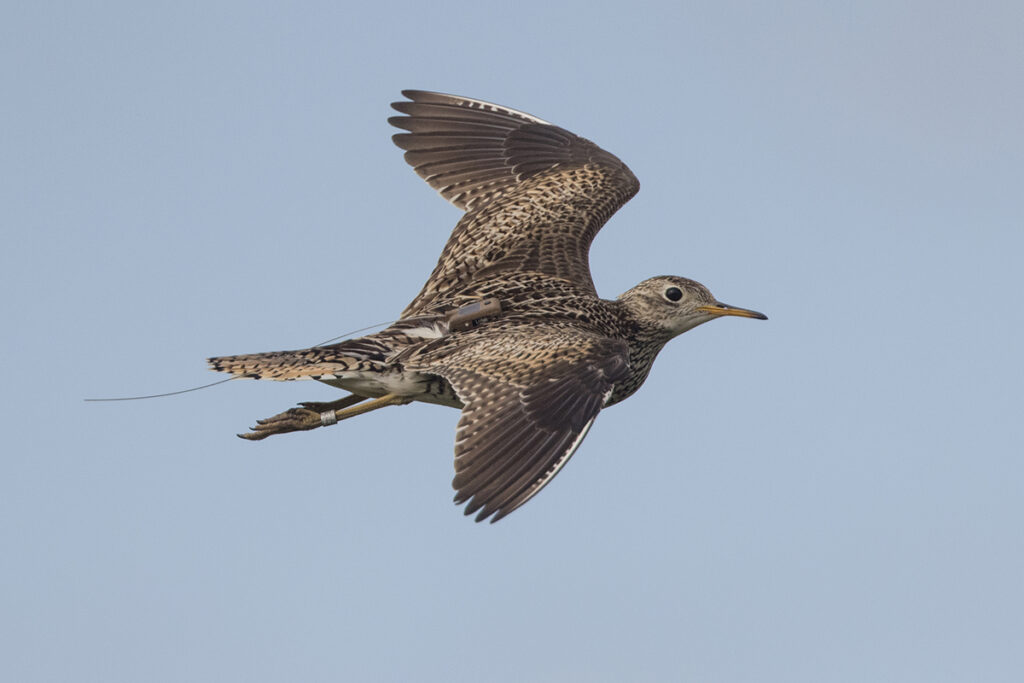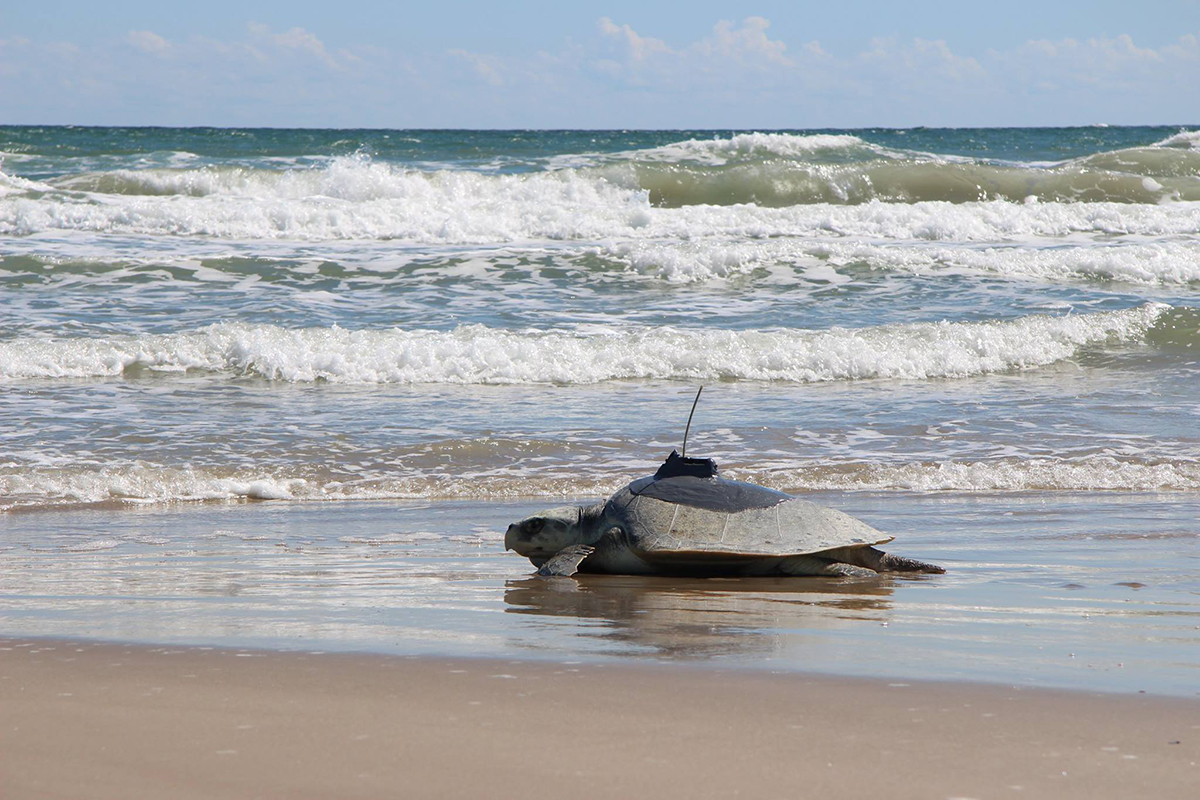Remote tracking of wildlife is its business.
Originally part of the Department of Scientific and Industrial Research (DSIR) back in the 1980s, what’s now called Lotek, had its humble beginnings in some prefabs in the middle of a Havelock North apple orchard.
Back then there was a lot of research studying possums and the spread of Bovine TB. Researchers would reach out to the engineers at this particular department of the DSIR to work together to come up with products that could track where the possums were going and how they were spreading TB.
“That was the founding problem that established the need for this type of product or technology at the time,” plant manager Debra Cox says.
Cox has been with the company for 15 years and is responsible for the operational side of the business, but also provides local staff and overseas management with on-site management assistance in other areas like HR, IT and finance.
Lotek occupies the same site today, albeit with now less rural surroundings. Back then the technology, used by researchers to track the behaviours and movements of animals, was based on VHS rather than GPS and other satellite-type products used today.
The DSIR had a number of branches doing exciting research, and eventually asked all of them to put together business plans. As a result, the Havelock North group ended up being turned into a separate entity called Sirtrack, which was still owned by the Government but became part of Landcare Research, she said.
Then in 2011, Sirtrack was bought by a Canadian company called Lotek Wireless, and became Lotek NZ. It continues to develop products for researchers and scientists to use in a range of environments to track all kinds of things that animals do.
“Each product’s technology does a slightly different thing or provides slightly different data, whether it’s more accurate or more regular or there is more data that goes with it. So, we provide quite a range of products from the plant here as well as having access to different technologies that our sister companies produce,” Cox said.
Lotek also purchased a UK based company that develops acoustic technology which is useful for research in the marine environment, and that New Zealand-based researchers have access to through Lotek NZ.
“We’ve really merged into one company now with different specialties and abilities.”
One of the big products produced in Havelock North are GPS collars to record where that animal is or has been, depending what questions the researchers are wanting to answer. The collars can be programmed to gather data on a schedule or at a certain time and can be used on all kinds of animals.
“We work closely with the researchers who contact us to find out what they want to do and what is the best product to help them do that. Then we work with them closely to programme the products. Other products can be changed outside of the plant by the researchers.”

They also do glue-on products for species that don’t have a neck – like seals, turtles and penguins, and harnesses like little back packs used mostly for birds that can be fit by the researchers, among other things.
Clients tend to be universities, research institutes and government departments and often for conservation or environmental studies for different industries.
Lotek employs about 20 people in its Havelock North operation and is currently looking to fill a number of technical engineering roles.
Public Interest Journalism funded through NZ On Air.

